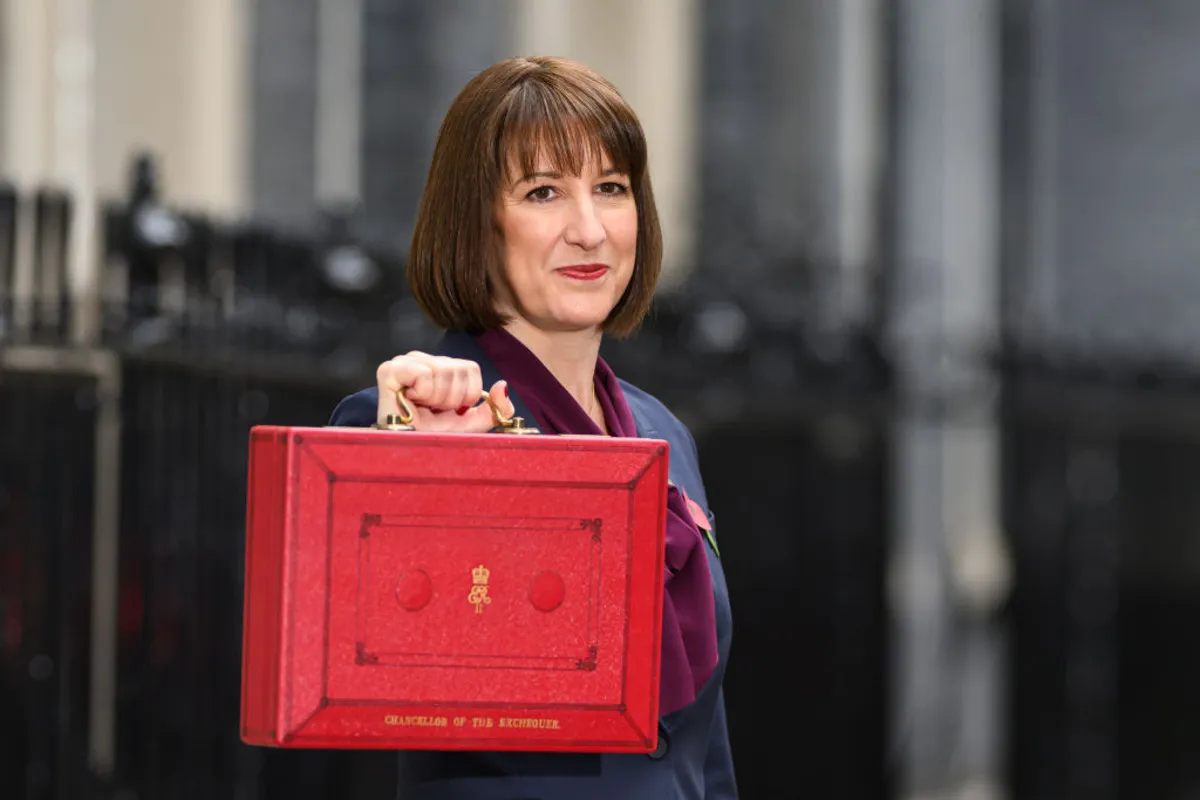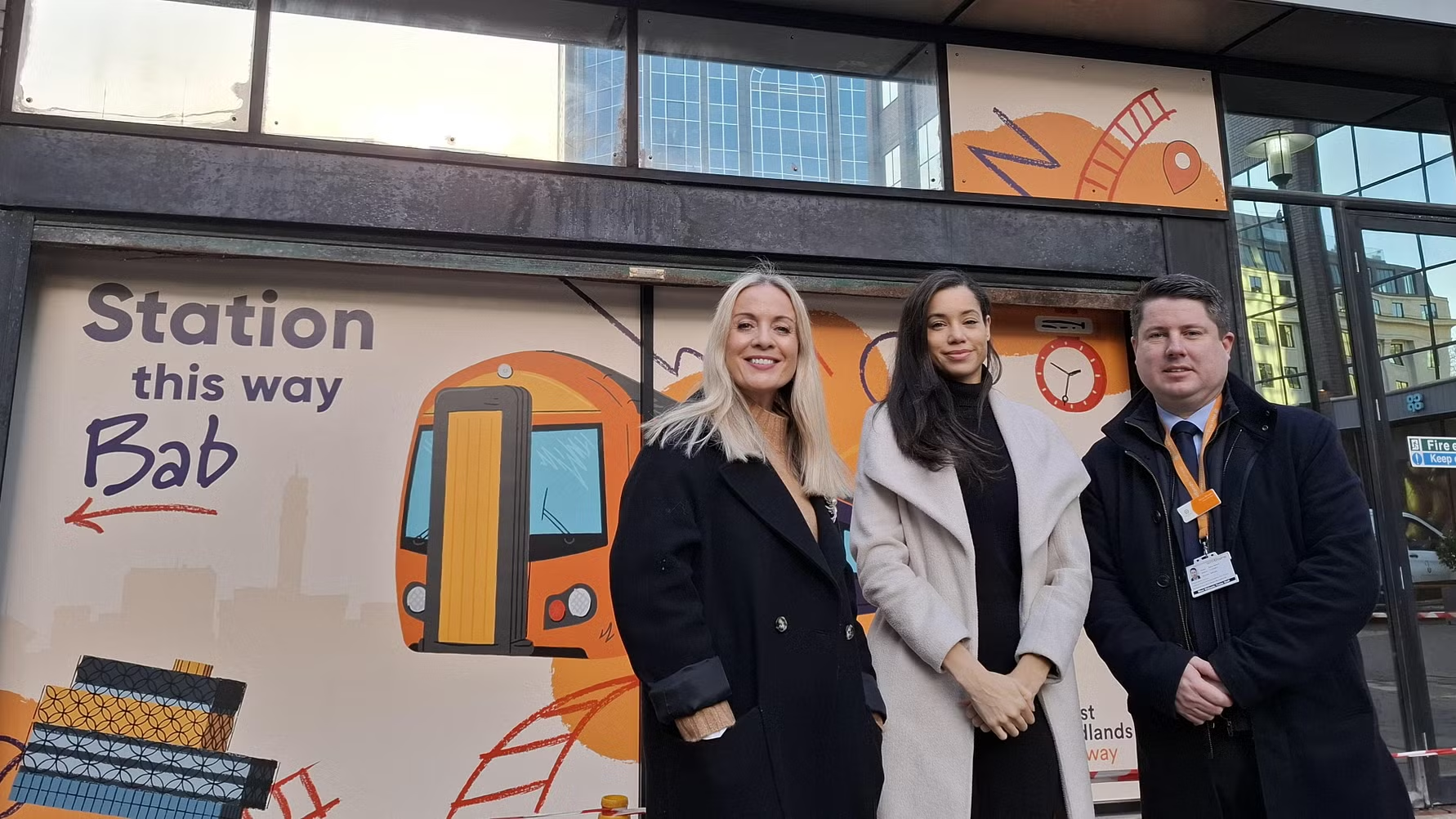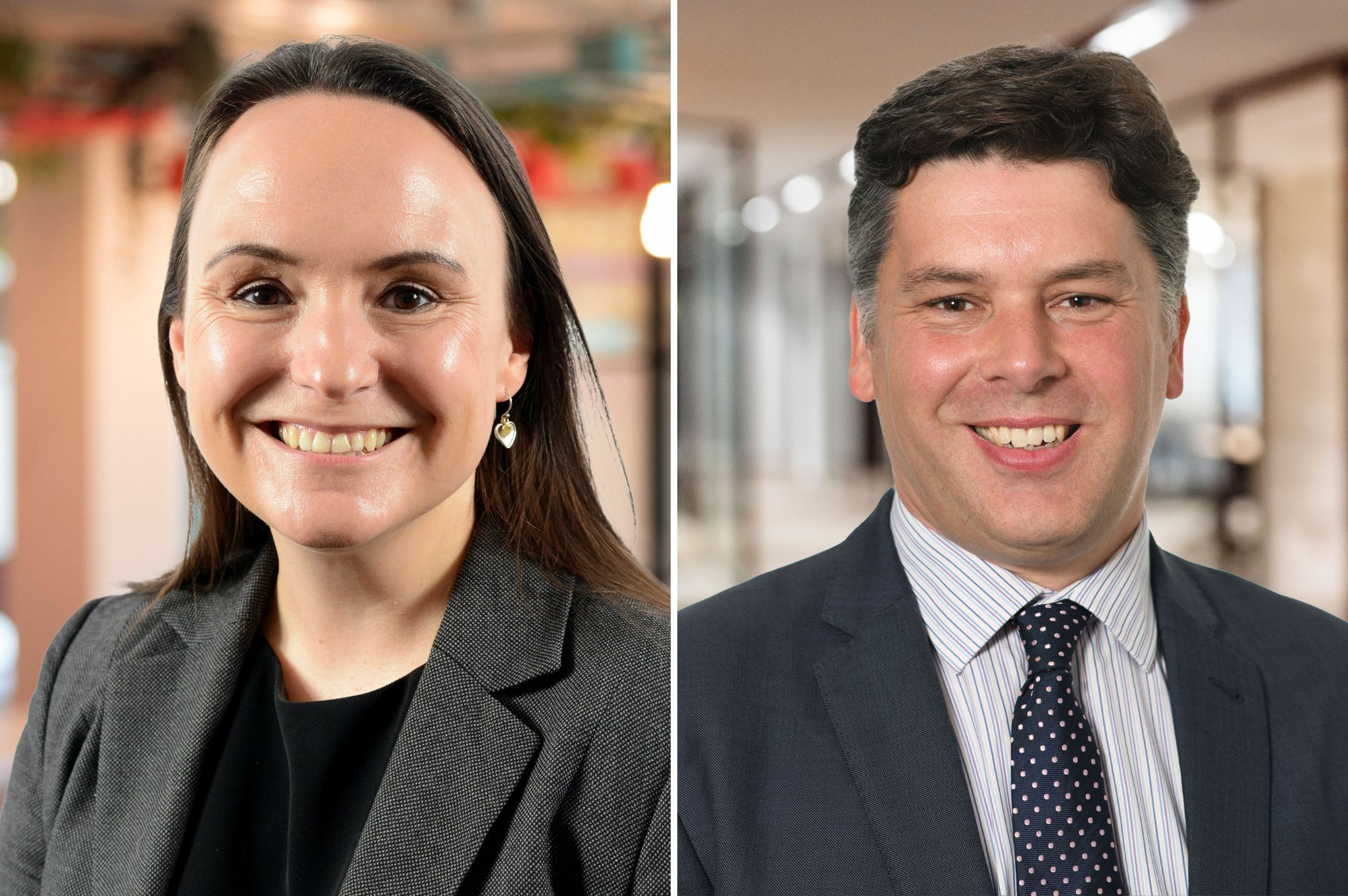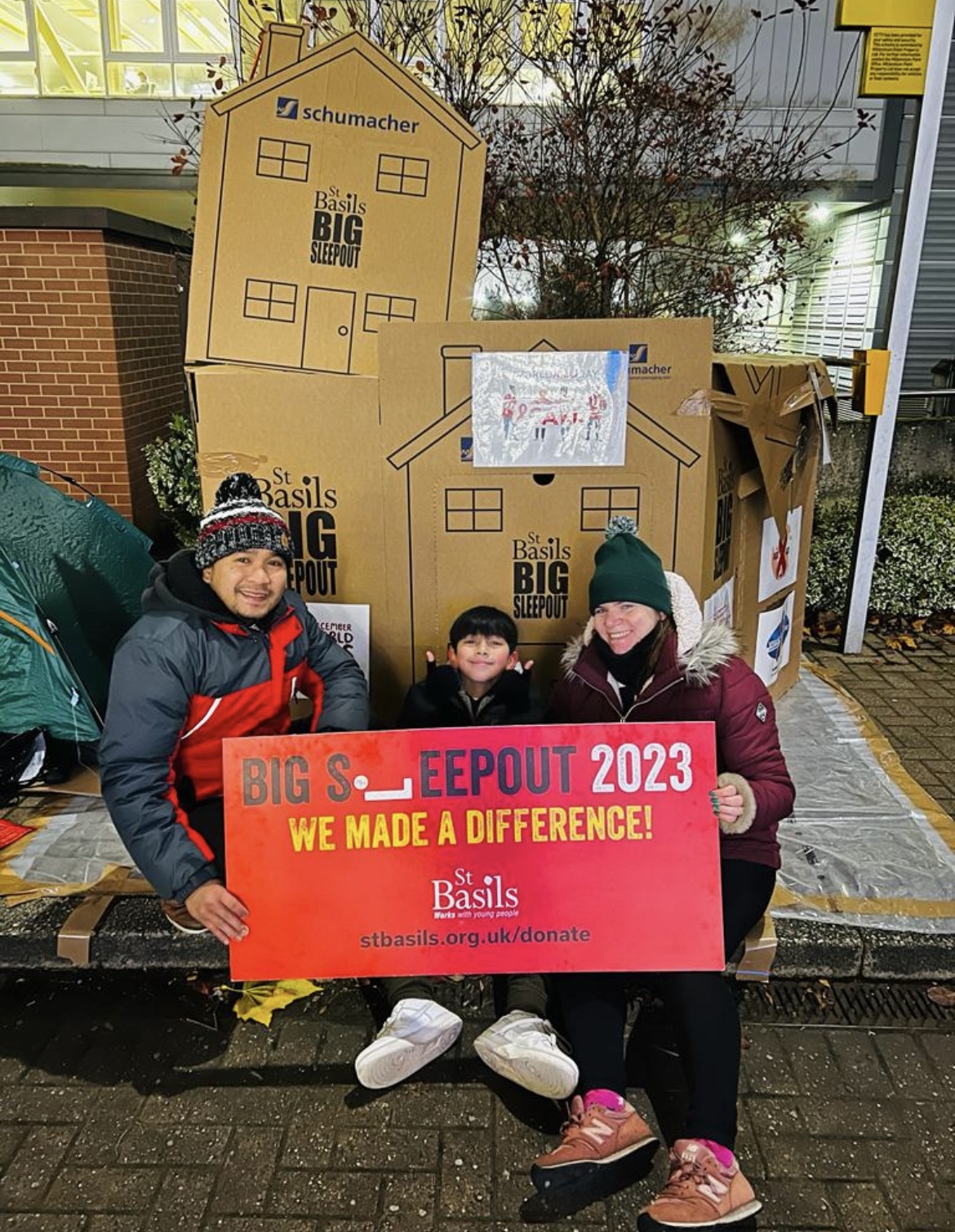New ‘Vibrant Places’ report launch
21 June 2024
‘Ask for forgiveness, not permission’ is the key message for leaders who want to make a difference in their community, following an expert panel discussion at the launch of a landmark report this week.
Legal and professional services group Ampa – which is best known for its legal brand Shakespeare Martineau and planning, design and development consultancy Marrons – launched its ‘Vibrant Places’ report in partnership with flagship national gathering Anthropy at its office hub in Colmore Row, Birmingham, on Tuesday, 18 June.
More than 100 people attended to hear the debate, circled around how leaders can help create vibrant places to live and work – with or without government support.
Chaired by Ampa CEO Sarah Walker-Smith, the panel included Si Bellamy, chief transformation officer at Eden Project Morecambe; Clare Richmond, author of The Scavenger Mindset; Sam Squire, futures leader at St Neots Initiative; Tariq Shah, CEO at Vigo Group; and Luke Hillson, design partner at Marrons.
Sarah Walker-Smith said: “A key takeaway from the debate is that no idea is ‘too small’. One of our panellists made the excellent point that change and regeneration happens ‘one square foot at a time’.
“And all agreed that we cannot sit on our hands and expect someone else to make the difference, we can’t wait for government. Instead, we should be the change we want to see and the government will catch up.
“Sometimes it’s easier to seek forgiveness than permission when you see a quick win opportunity to improve the places where you live and work.”
Including insights and opinions from more than 1,200 members of the public and business community, the Vibrant Places report defines the essence of a vibrant place, explores examples of best practice, and provides asks and suggestions of what individuals, businesses, organisations and government can do to drive change.
The report was delivered in partnership with Anthropy’s ‘Vibrant Places Alliance’. The objectives of the alliance include exploring how economic, culture and the built environment interact in towns and cities, and how key sectors can work together to benefit communities.











